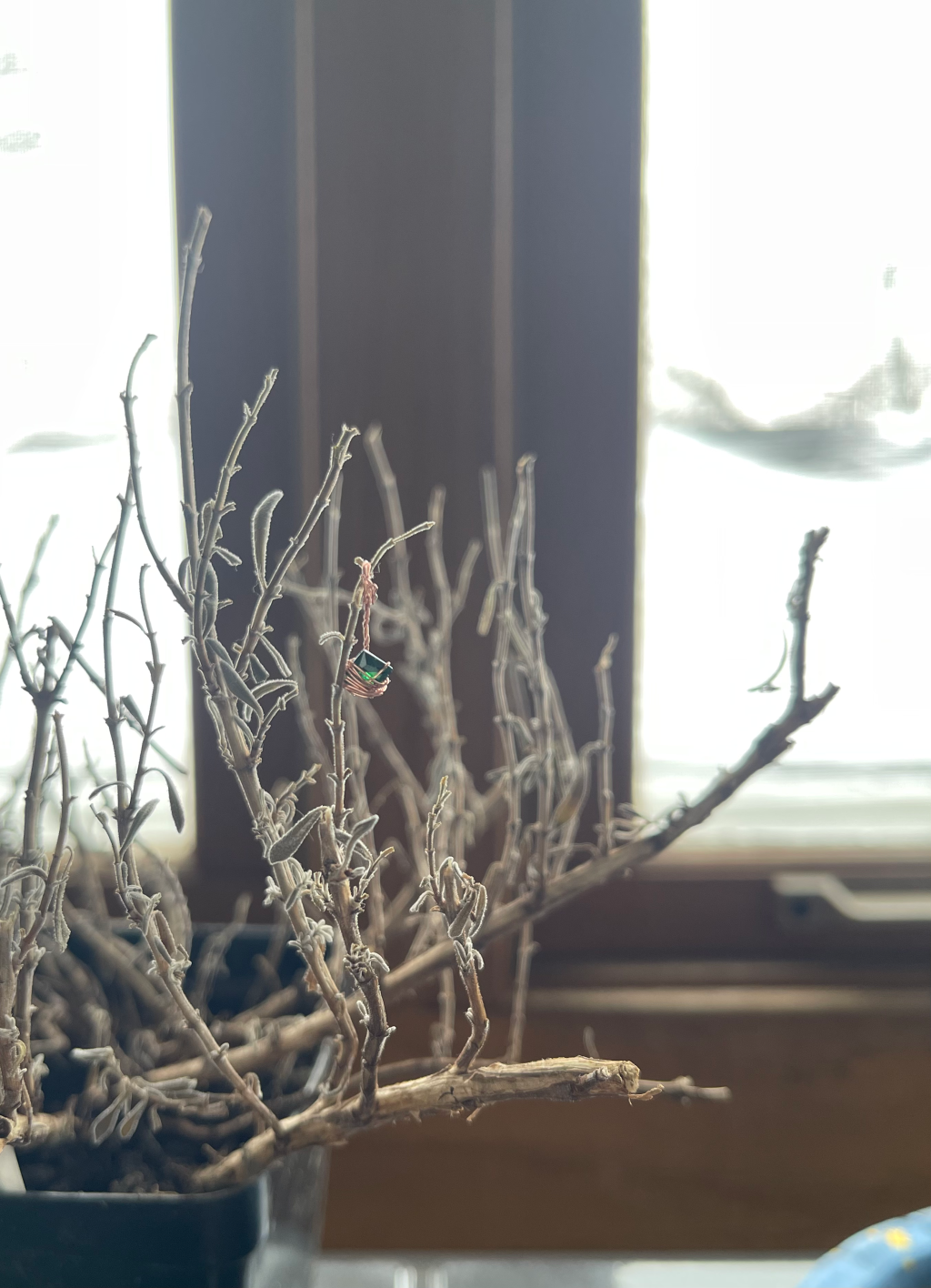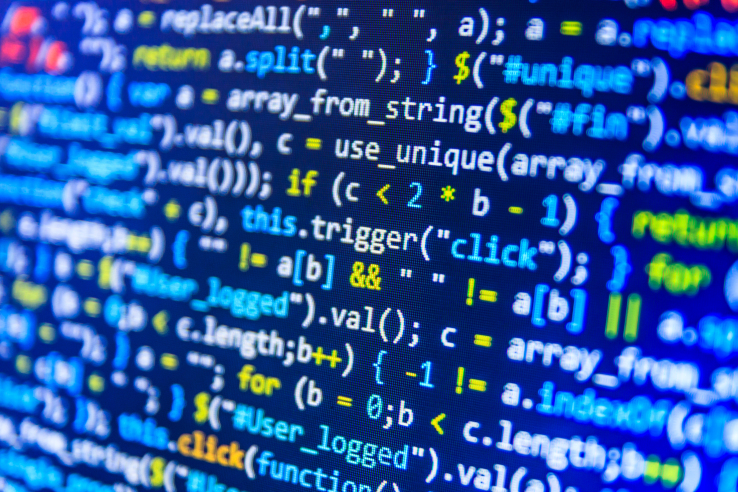-
root bound
it’s such a weird phenomenon today i repotted my house plant as i dug it up, the roots were so tightly twisted together this plant had been in a round pot for months and months yet it came out in a perfect cube, a remnant, a scar of the pot that it stayed in too… Continue reading
-
my spiritual journey and how I found islam (again)

Answer to the meaning of life: اَلسَلامُ عَلَيْكُم وَرَحْمَةُ اَللهِ وَبَرَكاتُهُ Long Version: Some people never question their existence. They go their whole life without ever wondering why the sky is blue. Other people are steadfast throughout their whole life despite the trials they face. May Allah سُبْحَانَهُۥ وَتَعَالَىٰ reward them as they’ve proven to… Continue reading
-
If you’re wondering why God has not been merciful to you, you’re probably overlooking something.

A thought crossed my mind. I was reflecting on how God’s mercy has shown up in my life. And I had the thought that God is especially merciful to criminals. Now, I don’t think that’s true. God’s mercy encompasses all things. But I was reflecting on how Islam was revealed and gifted to a community… Continue reading
-
healing

it happens slowly the weather feels warm and now I feel light there’s ease in my bones small moments of delight the trees are praising their Lord the sky is raised high golden honey sunlight waves drip into the leaves there are angels around it’s a blessing to be quiet time passes and I happen… Continue reading
-
Sunnah Essentials

Sunnah Essentials is a personal project offering Prophetic medicine and supplies from Islamic Sunnah to those who need it. For inquiries, please contact me. Continue reading
-
Halal Fusions

Brand identity and packaging work for a new up-and-coming Tex-Mex + South Asian fusion restaurant located in Austin, Texas. Continue reading
-
real

What does it mean to be real? And why is it necessary, this quiet engine, that runs under the hood of a world where almost anything can be thought of, portrayed – no matter how unreal it is? The last few years, these are the concepts I’ve been grappling with. Late, I’m sure. I know… Continue reading
-
salt & stone

salt and stones have one thing in common and that is permeability though the salt rock can be washed away in a few weeks the water will eventually wear down the stone we take things and hold them as ethereal forgetting the nature of reality subject to ebb and flow sprinkled with spontaneous occurrences my… Continue reading
-
How to Start Programming in C++ in Visual Studio

As you start getting familiar with programming in C++, you may find yourself wanting a more robust environment where you can play with code and run programs. Some programmers prefer using a text editor like Brackets or Atom to develop, testing their code through the command prompt. However, you may be looking for something a little… Continue reading
-
Breaking Habits.

I mentioned in a previous post how I’ve started using HabitBull to track my progress towards the goals I have. For the past 5 days, I’ve been killing it. But something happened yesterday. Do you see it glaring back at you? I missed a blog post yesterday. And I cannot go back and fill that darn… Continue reading
-
How to Eat a Plane

I recently watched the Ted talk by Stephen Duneier called “How to Achieve Your Most Ambitious Goals.” Stephen Duneier has literally cracked the code to achieving goals – he has completed marathons, learned German in a short amount of time, holds a Guinness record for crocheting the largest granny square, learned how to fly a… Continue reading
-
Subscribe
Subscribed
Already have a WordPress.com account? Log in now.